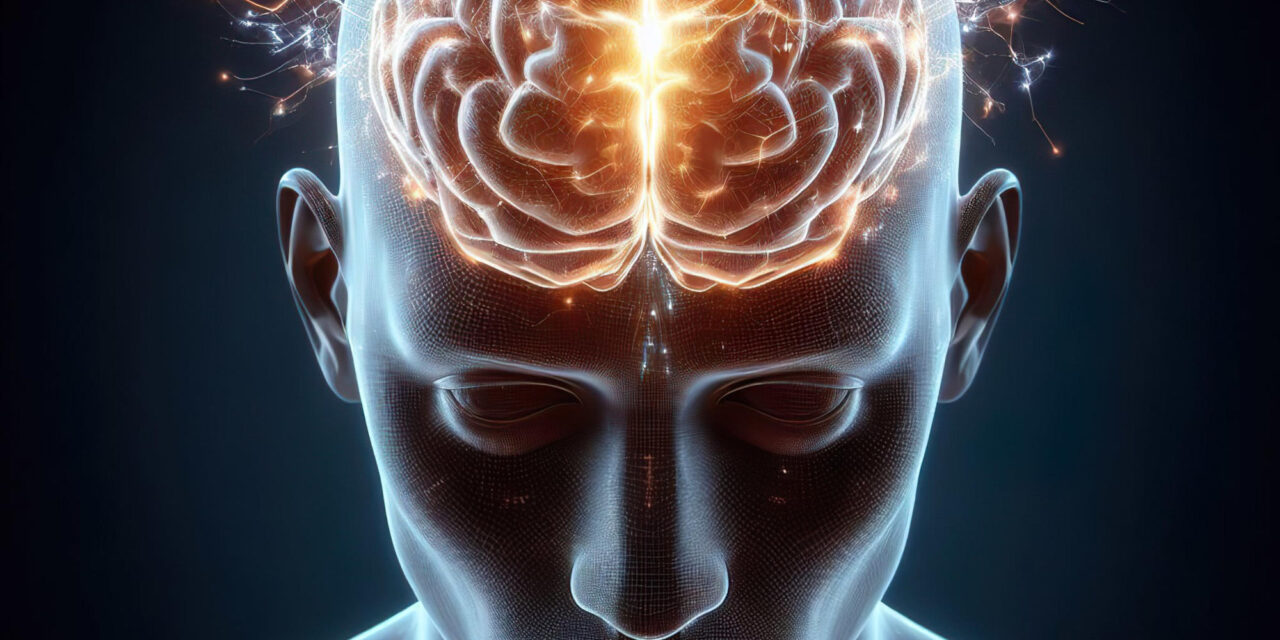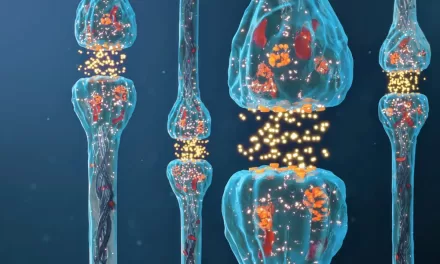Los Angeles, CA – A groundbreaking study from the University of California, Los Angeles (UCLA) has revealed that chronic stress significantly impairs flexible thinking, leading to rigid, habitual behaviors. The research, published in Nature, uncovers how stress alters brain activity between two key amygdala-striatal pathways, shedding light on vulnerabilities associated with psychiatric conditions like obsessive-compulsive disorder, substance use disorders, and depression.
How Stress Disrupts Decision-Making
The study identifies distinct roles for two neural circuits—the basolateral amygdala–dorsomedial striatum (BLA→DMS) and central amygdala–dorsomedial striatum (CeA→DMS). These pathways regulate goal-directed decision-making and habit formation, respectively.
To investigate the impact of stress, researchers subjected male and female mice to 14 days of mild but unpredictable stressors, such as cage tilting, continuous illumination, white noise, and brief physical restraint. While these stressors did not induce classic anxiety or depression-like symptoms, they did elevate corticosterone levels and reduce body weight, confirming stress induction.
Key Findings: Stress Promotes Habitual Behavior
During behavioral tests, control mice exhibited flexibility in decision-making, reducing their actions when a reward was devalued. However, stressed mice failed to adjust their behavior, demonstrating a shift toward habitual, rigid responses.
Neuronal activity recorded through fiber photometry showed that in unstressed mice, the BLA→DMS pathway was active during learning, reinforcing goal-directed behavior. In contrast, stressed mice displayed suppressed activity in this circuit, disrupting their ability to form action-outcome associations. Meanwhile, the CeA→DMS pathway, typically inactive early in learning, became more engaged under stress, reinforcing habitual actions.
Potential Therapeutic Targets
To further explore these pathways, researchers used optogenetic and chemogenetic techniques to manipulate brain activity. When the BLA→DMS pathway was artificially activated in stressed mice, their decision-making flexibility was restored. Conversely, inhibiting the CeA→DMS pathway prevented the formation of stress-induced habits.
These findings highlight a potential target for therapeutic interventions, suggesting that modulating these neural pathways could help mitigate compulsive behaviors associated with stress-related disorders.
Broader Implications
Understanding how stress alters brain function is crucial for developing better treatments for mental health conditions characterized by rigid thought patterns and compulsive behavior. This research provides valuable insights into how stress may contribute to disorders such as obsessive-compulsive disorder, addiction, and depression.
Disclaimer:
This article is based on a scientific study and is intended for informational purposes only. The findings relate to animal models and may not directly translate to human behavior. Individuals experiencing mental health concerns should seek professional medical advice.












